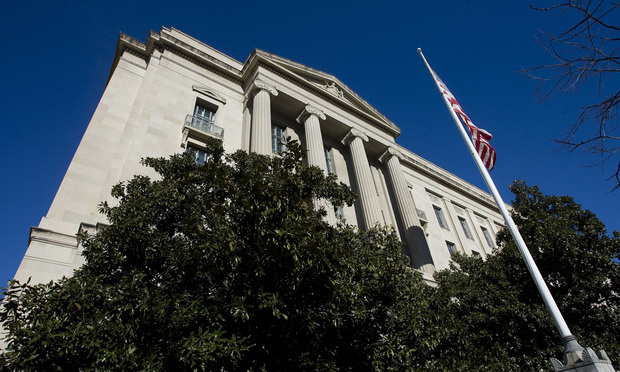The Foreign Corrupt Practices Act makes it unlawful for a business or individual “corruptly” to offer, pay, promise to pay or authorize payment of anything of value to a foreign government official for the purpose of obtaining or retaining business or securing any improper business advantage.
Since its initial passage in 1977, few laws have resulted in more misconceptions than the FCPA. It has far greater reach than most recognize, and severe penalties can — and often do — result from misjudging the scope and breadth of the law. This article clears up some of those misconceptions.
This content has been archived. It is available through our partners, LexisNexis® and Bloomberg Law.
To view this content, please continue to their sites.
Not a Lexis Subscriber?
Subscribe Now
Not a Bloomberg Law Subscriber?
Subscribe Now
LexisNexis® and Bloomberg Law are third party online distributors of the broad collection of current and archived versions of ALM's legal news publications. LexisNexis® and Bloomberg Law customers are able to access and use ALM's content, including content from the National Law Journal, The American Lawyer, Legaltech News, The New York Law Journal, and Corporate Counsel, as well as other sources of legal information.
For questions call 1-877-256-2472 or contact us at [email protected]



